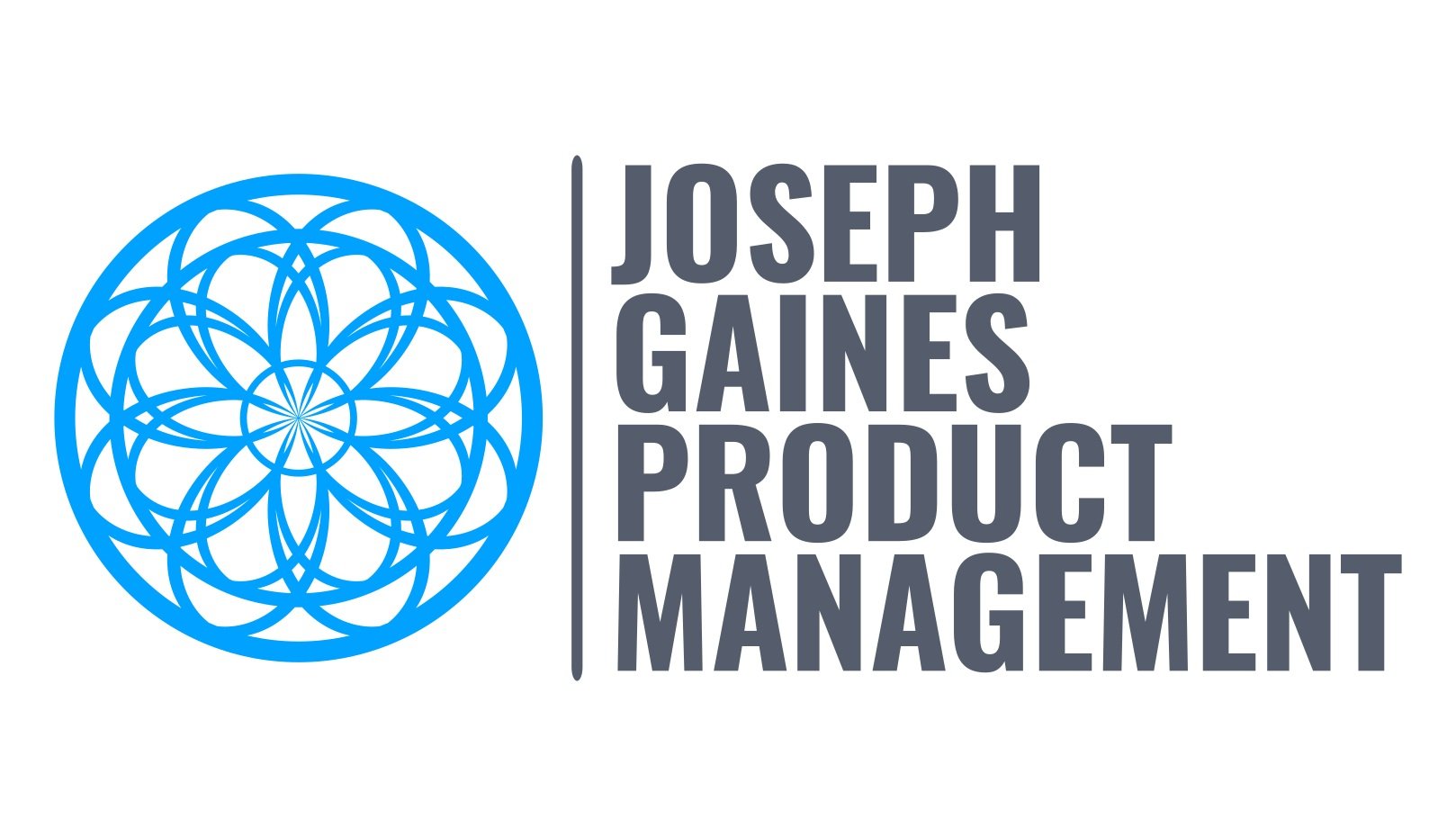IN DEPTH #4 / SETTING BOUNDARIES AND FRAMING THE CONVERSATION
“Some kind of… alumni association?”
When Emily and I first started discussing “some kind of alumni association” for the company, we were mostly focused on harnessing the intense goodwill among many former artists and staffers. The other possible areas of focus, including “institutional memory,” digital archiving of physical objects and structures, creating comprehensive performance/season databases tied to some of those physical objects, fostering mentorship opportunities, etc, all came later.
Given that I work in software development, that I am ultimately biased towards digital solutions for all of the above should come as no surprise. A website as both a virtual “place” for the nascent alumni association as well as the principal means of identifying and delivering solutions to the problems we’re identifying was a logical choice.
“Yes. And I think you and Emily should make it happen.”
Late one evening during the 2019 opera festival (at which I was principal artist, my fourth summer season performing there since 2006), an impromptu birthday party was being held for John Baril, the company’s Music Director.
Pat Pearce, the General and Artistic Director, was sitting in an overstuffed chair against one wall. I ended up near him, and we chatted for a bit about big-picture stuff at the company. I mentioned the conversation that Emily and I had had the summer prior, and told him about both our passion for the company (of which he clearly already knew) but also our suspicion that there was a great, untapped wellspring of energy and enthusiasm for the company, and one that she and I might be uniquely well-positioned to create.
Without missing a beat, he said, “Yes, I think we need something like that, and I think you and Emily should make it happen.”
Now, I was not so naive as to think that was in and of itself a green light to dive headfirst into the project; I knew we’d need to be able to figure out among ourselves just what we might be proposing, and that we’d then later need to come back with a halfway intelligent and well-articulated vision of what we wanted to build.
But I was excited. I told Emily; she told me she’d be flying out from New York in a few weeks, and that would likely be an ideal time to present something together to company leadership. I ran off and registered centralcityalumni.org not long afterward. I didn’t have anything to put there yet, but now at least I had nailed down the domain — and that was a start.
“Boundaries are good things.”
As mentioned before, frequent turnover among nonprofit arts leadership is a major problem — and is in many ways central to the issues we want to address. Central City Opera has been unusually fortunate in its long-lived executive leadership (and long-tenured board members, as well). However, it doesn’t take much to recognize that one or two (or a handful of) ill-timed departures, retirements, or deaths could suddenly and radically diminish the ability of this auld-lang-syne-loving opera company to capitalize on its ever-growing history.
And so, in an acknowledgment that company leaders and department heads come and go, we wanted to create something that would clearly operate with the company’s blessing, but also be completely independent from the opera company itself.
While most opera company leaders I personally know are almost always open to any new ideas, they can also be risk-averse. Despite ever-growing innovation of all kinds permeating the industry and its stages, opera is by nature a conservative art form; in an environment where audience demographics are changing rapidly, the subscription model for ticket buyers often doesn’t work anymore, and charitable dollars are ever harder to find, the aversion to risk often translates from the stage to the boardroom, as well.
Framing the conversation.
When it came time to formulate a concrete proposal to present to company leadership, we weighed pros and cons of various approaches.
I was worried how our proposal would be received — humans like to control things, and companies (of all sorts) love their brands. And Emily and I definitely did not want to suddenly become unpaid staffers of the Central City Opera Development Department, but it was easy to imagine there being pushback against creating an entirely external entity, outside of the opera company’s direct control.
At first I considered all kinds of artful ways of avoiding the topic of, say, the General Director or Director of Development leaving their positions in such a way that left our project in limbo. I considered avoiding it altogether, hoping that these people (friends of ours, too) would come to the same conclusions themselves — if for no other reason but that nobody had time to take on any more projects, let alone one of this scale.
It turns out our fears were unfounded — in late July of 2019, after a pair of key conversations, we received the green light to proceed with this project. We had the company’s blessing, as well as its enthusiastic support.






